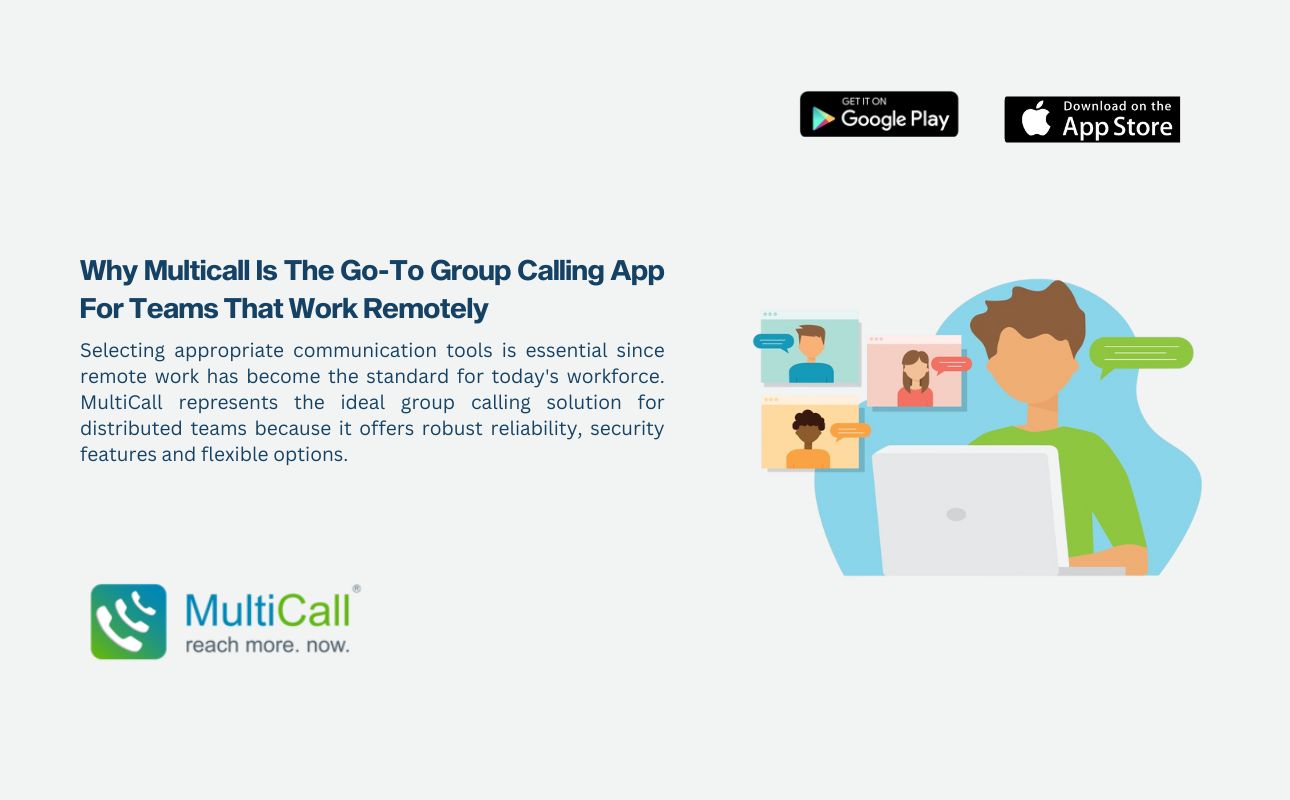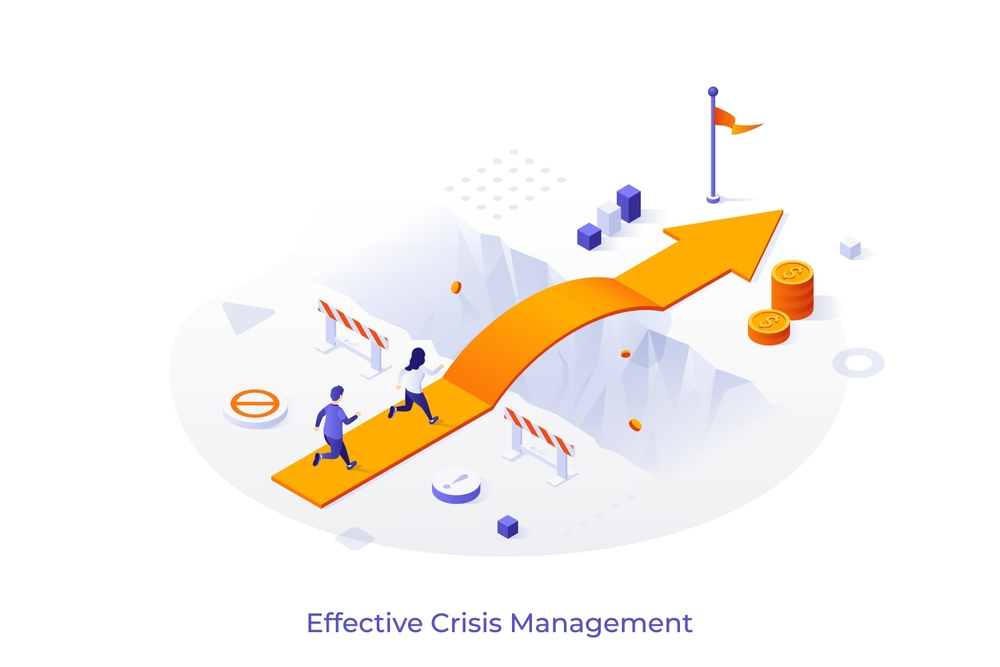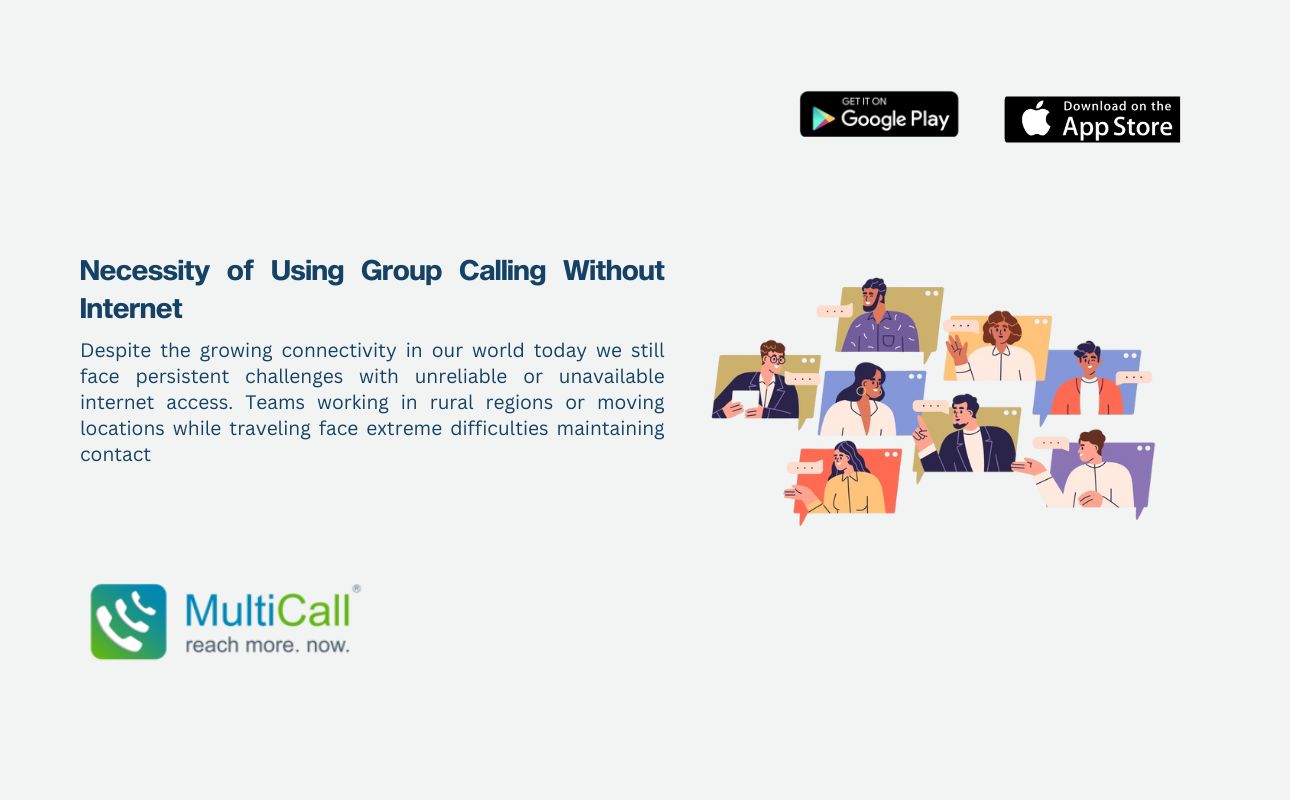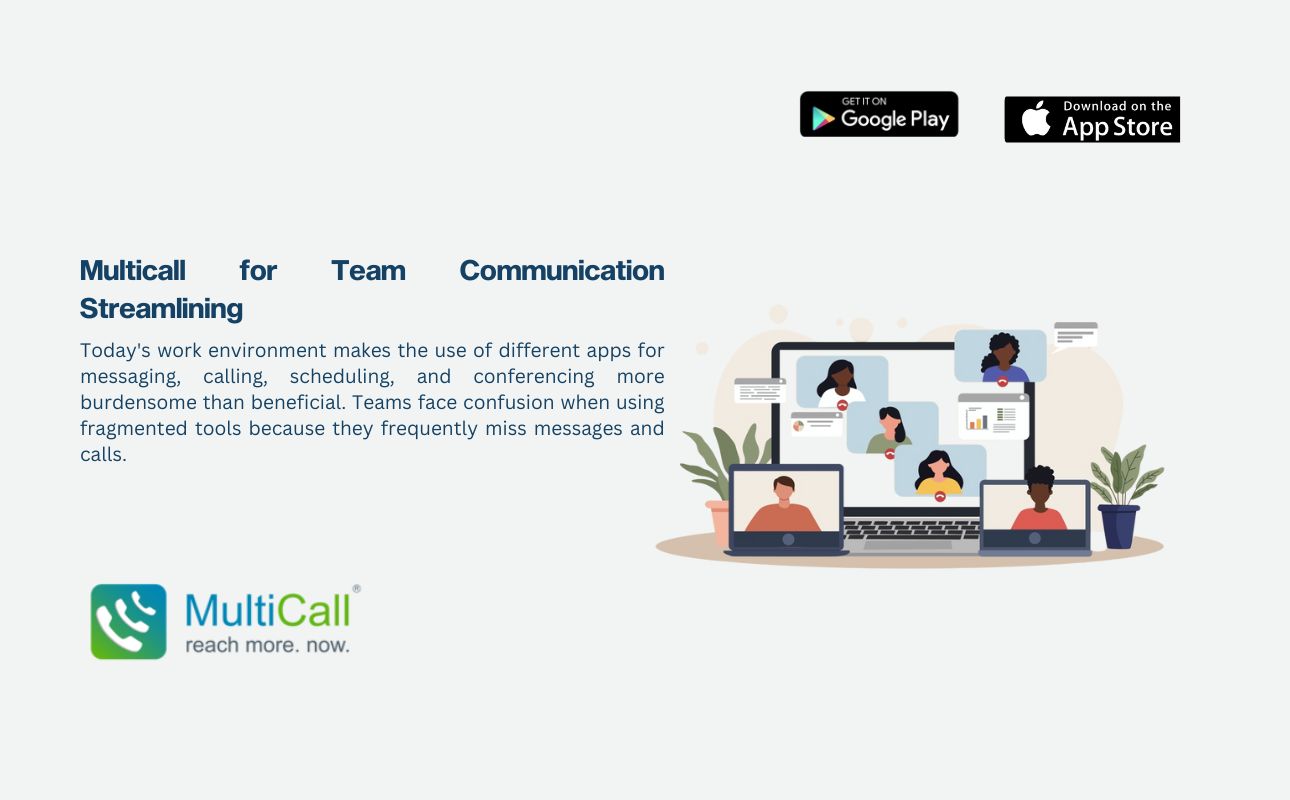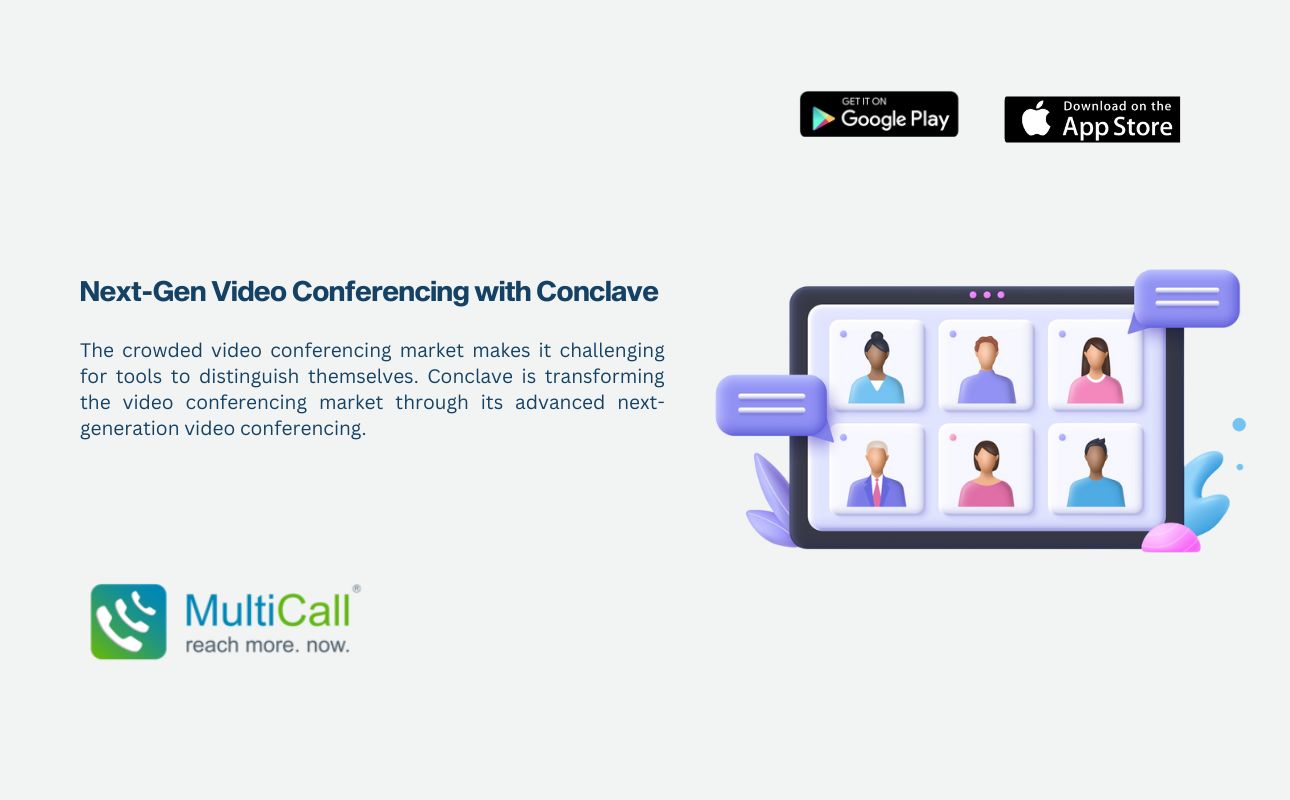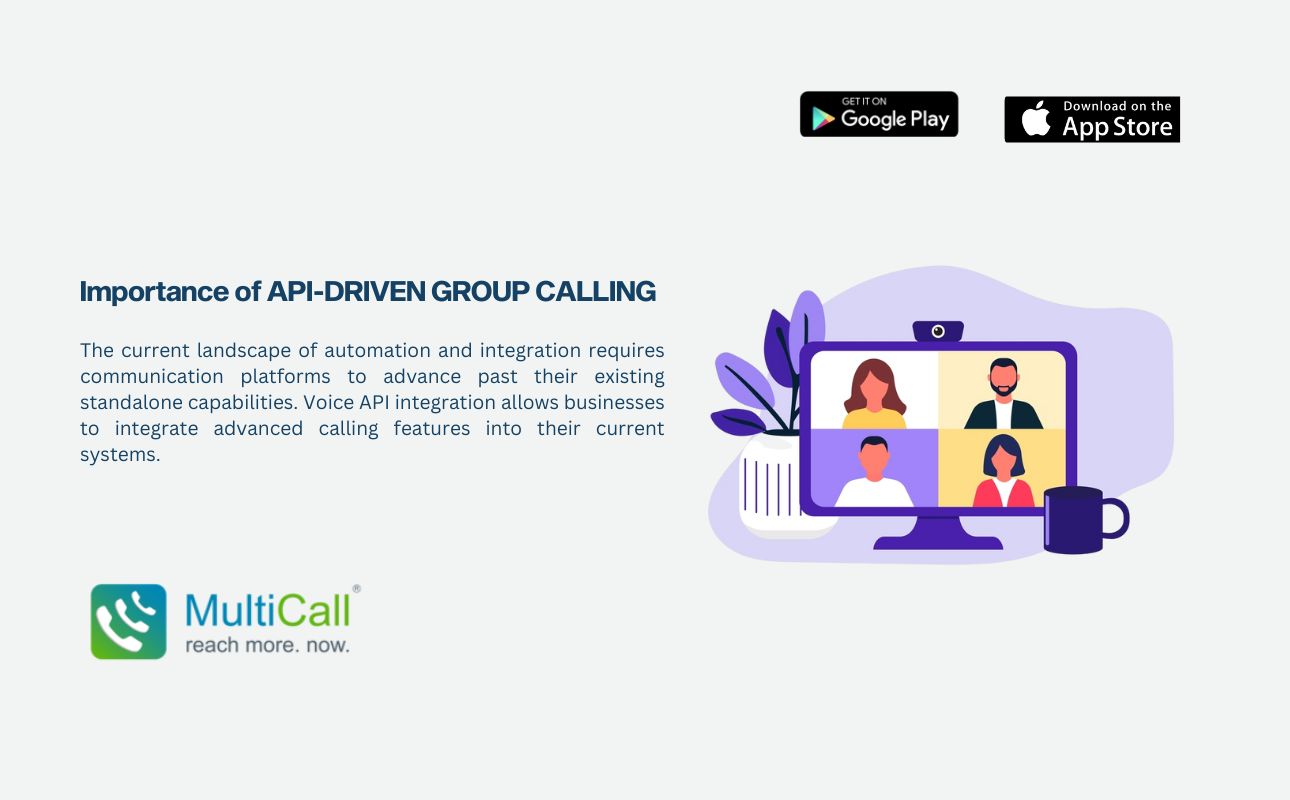Scalable and Flexible Communication
Crisis situations often require the ability to scale operations quickly. MultiCall’s scalable solution can accommodate anything from small-scale briefings to large-scale emergency communications. Its flexibility also allows organizations to adapt their communication strategy as the situation evolves, which is often necessary during prolonged crisis events.
Ensuring Continuity of Operations
For many organizations, maintaining operational continuity is crucial, even in a crisis. MultiCall helps ensure that key operations can continue by providing a reliable communication tool that supports decision-making and problem-solving discussions among leaders, regardless of their physical locations. This continuity is essential not only for the organization’s survival but also for providing support and services that may be critical during the crisis.
Robust and Reliable Communication
In a crisis, reliable communication is a must, and MultiCall’s platform is designed to be robust under pressure. It provides clear, uninterrupted communication that organizations can rely on, even when other systems might fail. This reliability makes it an excellent choice for emergency preparedness plans.
Training and Preparedness
Preparedness is key to effective crisis management. MultiCall can be used for training sessions and simulations that prepare organizational teams for emergency scenarios. These sessions can be conducted regularly and remotely, ensuring that all team members are well-prepared and aware of their roles and responsibilities during a crisis.
Conclusion
MultiCall’s ability to provide immediate, scalable, and reliable communication makes it an essential tool for effective crisis management. Organizations can leverage MultiCall to enhance their preparedness, coordinate better during emergencies, and ensure continuity of operations when it matters most. In a world where crises can arise unexpectedly, having a dependable communication tool like MultiCall can make a significant difference in the outcome.
By incorporating MultiCall into their crisis management strategies, organizations can ensure they are better equipped to handle emergencies efficiently and effectively.
